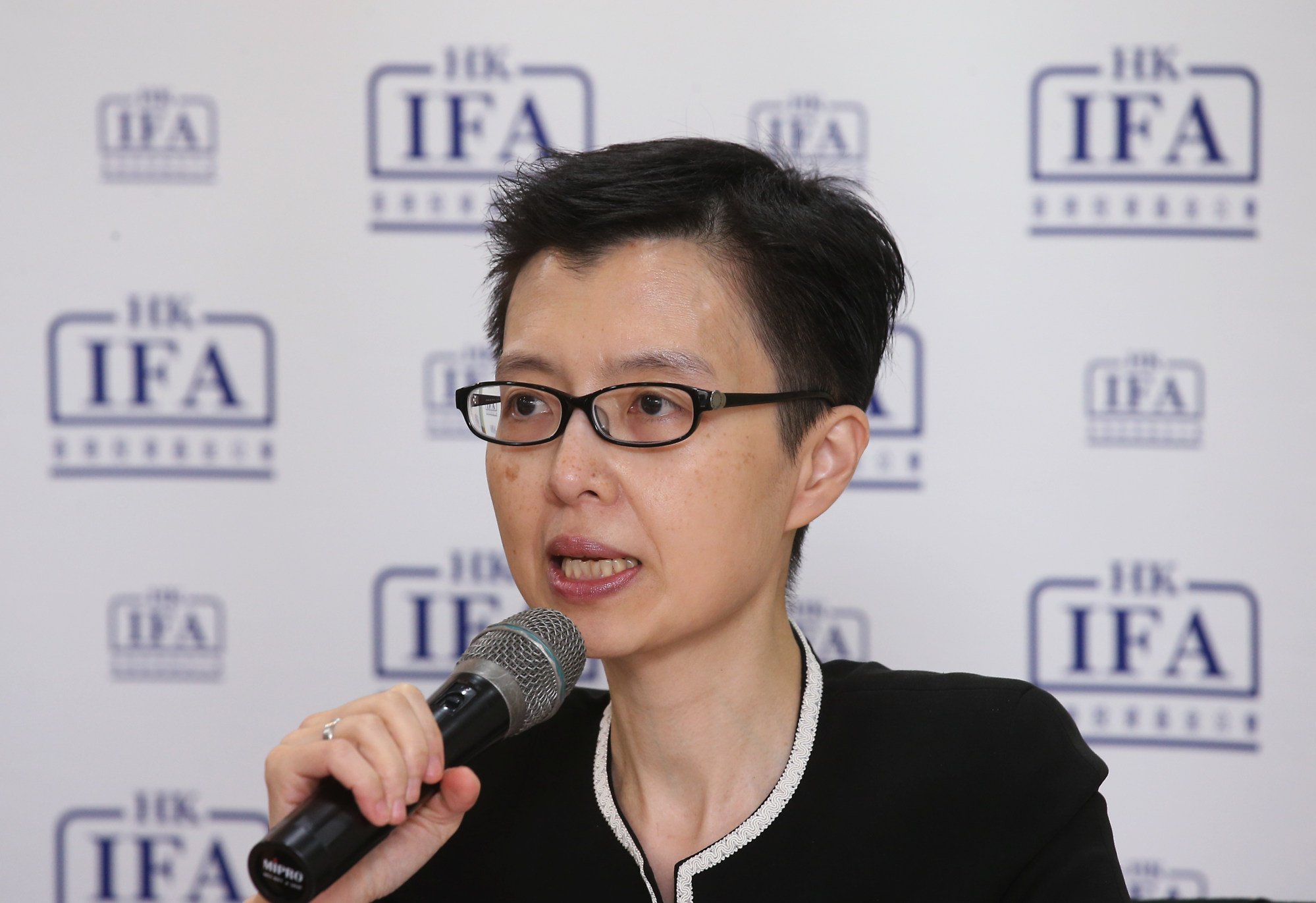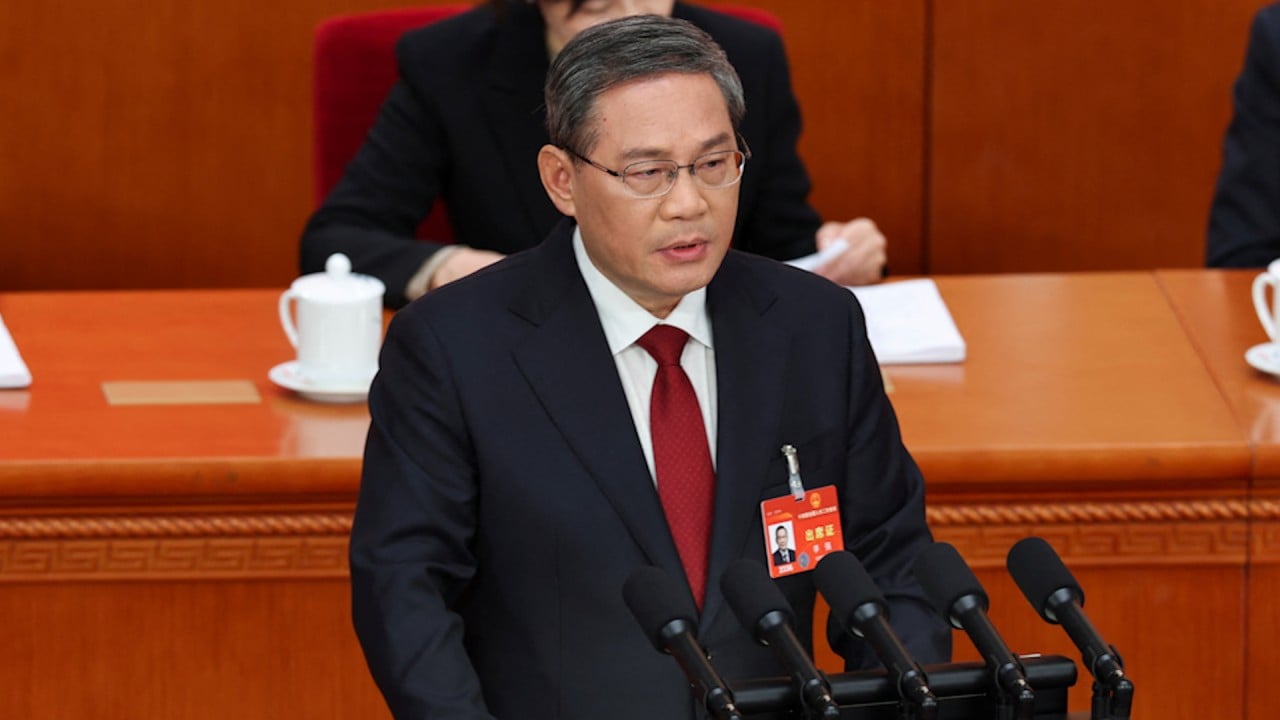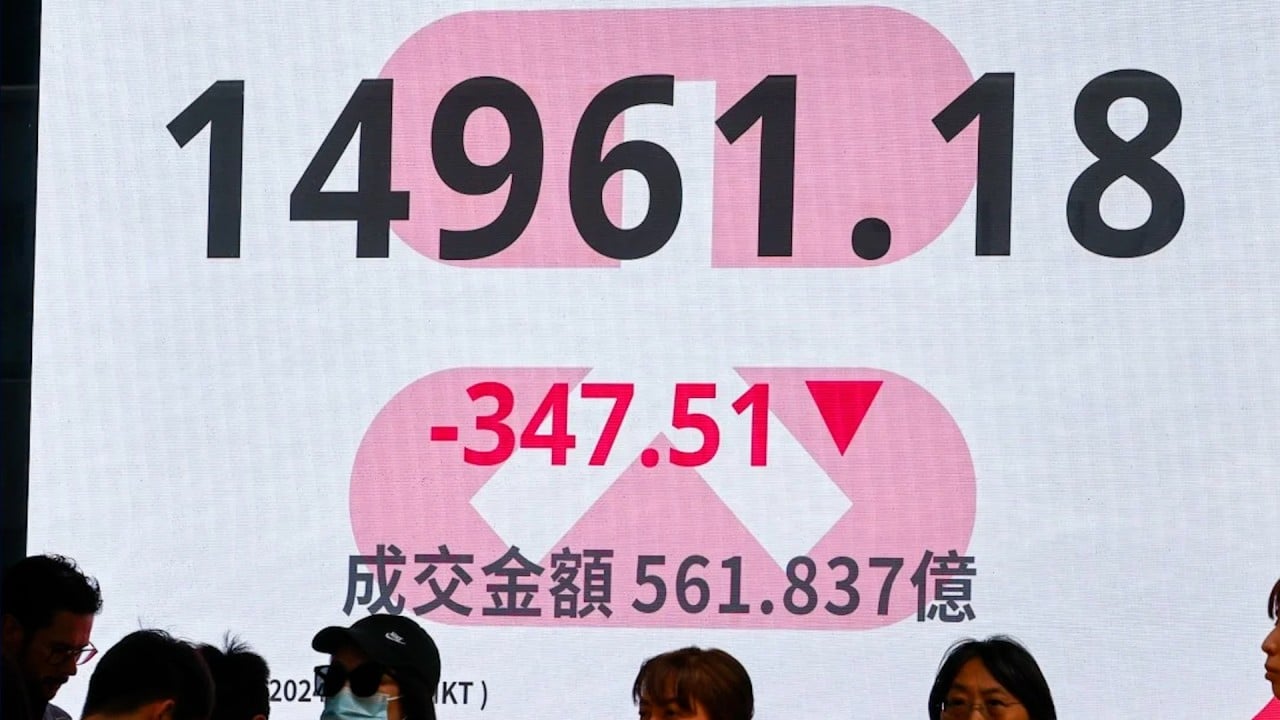
23 Mar Does a US$1.75 trillion bounce in Chinese stocks mean the market’s long march to recovery has begun?
“There are more clients coming back to look at the China market and asking us about market views,” Liu Minyue, an investment specialist at BNP Paribas Asset Management in Hong Kong, said in an interview. “Sentiment seems to be improving.”
The MSCI China Index, which tracks more than 700 Chinese stocks listed at home and abroad, has risen as much as 14.5 per cent from this year’s lowest point, making it the best performer among major world indices in that period. In Hong Kong, tech stocks briefly surged into a technical bull market, having risen more than 20 per cent from a low on January 31.
The rebound is promising, soothing three years of losses when the index tumbled from its all-time high in February 2021. In all, almost US$10 trillion have been erased from Chinese stocks listed at home and overseas over the past three years.
JPMorgan’s faith in Hong Kong’s financial reputation unshaken 100 years on
JPMorgan’s faith in Hong Kong’s financial reputation unshaken 100 years on
Policymakers in Beijing can take some credit for striking the right chords after Premier Li Qiang took charge of the state cabinet in March last year. Since then, the People’s Bank of China (PBOC) and the China Securities Regulatory Commission have had a new chief. Loans for critical sectors such as housing are flowing, while measures to instil financial discipline and protect investors have gained favour.
Besides, state-run funds have spent no less than US$57 billion on exchange-traded funds tracking major onshore stock benchmarks to backstop investors, UBS estimated.
More than 100 Asian fund managers overseeing US$256 billion of assets have also turned less bearish in their China fund allocations, according to a survey conducted by Bank of America (BofA). The investors expected China’s economy to strengthen in the next 12 months, aided by greater propensity to spend among the nation’s households.
“Fewer investors are looking to cut risk on bounces as more policy actions come to the fore, including leadership changes in regulatory agencies,” BofA strategists said in the survey published on March 20. “We observe a dash of inflections in China-specific questions” since the previous survey in February, they added.
It should not take a lot for investors to halt their exodus from the market, as lower borrowing costs, state market interventions and fresh policy efforts are slowly swinging the balance of opinion and fund flows, according to Michael Dyer at M&G Investments.
“When sentiment is this poor, you do not need a lot of good news to drive stocks,” said Dyer, investment director of the multi-asset team in Hong Kong. “The removal of incremental bad news can itself be the catalyst.”
Chinese horoscopes: will March 2024 Fire Rabbit month be lucky for you?
Chinese horoscopes: will March 2024 Fire Rabbit month be lucky for you?
To be sure, more than three quarters of investors in the BofA survey remained “dispirited” in their long-term views on China. The scars from the market beating in the past three years and the early weeks of the Year of the Dragon are still fresh in the minds of seasoned investors like Vivian Lin Thurston.
China has long been a favourite pick of Thurston, a portfolio manager based in Chicago at William Blair Investment Management and a 20-year veteran in emerging markets. Now, she is a bit sceptical about the prospect.
Her US$766 million Emerging Markets Growth Fund, which allocates about half of its assets to the India and Taiwan markets, has returned 3.6 per cent this year on top of a 16.7 per cent gain last year. Her China Growth Fund which was launched in December 2020 and managing US$117 million at its peak, was liquidated late last year after losing over half of its value during the past three years.

“It’s a super difficult time,” she said in a phone interview late last month. “China is the only market in the world that’s really struggling. One of the biggest points for investing in China is that it is a pro-growth market. But that big fundamental discipline is getting a little bit unclear. I feel I need to rethink the investment case in some ways.”
The three-year rout has dented many China-focused funds, triggering fund redemptions, industry consolidation and lay-offs.
The size of global funds focused on mainland China and Hong Kong markets and overseas-listed Chinese stocks stood at US$141 billion in January this year, after shrinking by 45 per cent over the past three years, according to data compiled by Morningstar. Benchmark indices in both markets slumped by 33 to 36 per cent from 2021 to 2023, according to Bloomberg data.
“In a situation where the broader market decline has reached around 40 to 50 per cent, you can imagine how difficult it would be for these fund managers to make money,” said Claire Liang, a senior manager at Morningstar in Hong Kong.

Fund flows are a barometer of investor sentiment, according to Sally Wong, CEO of the Hong Kong Investment Funds Association. Typically, sentiment is affected by the macroeconomic environment and interest rate outlook, as well as geopolitical risks, factors that are beyond the control of the industry.
What is important is that the industry can offer a full suite of products that cover different asset classes and markets commensurate with the risk and return profiles of investors, she said by email.
Sanctioned stocks, shunned by US investors, are top performers for Chinese funds
Sanctioned stocks, shunned by US investors, are top performers for Chinese funds
The past three years have led to some casualties. Among them, Hong Kong-based Value Partners. It reported a HK$23 million (US$2.9 million) profit in 2023 following a record HK$544 million loss in the previous year. Performance fees were zero while gross management fees dropped 15 per cent, according to its annual report on Thursday.
Its Classic Fund, which primarily invests in markets of the Asia-Pacific region with a focus on China, Hong Kong and Taiwan, has shrunk to about US$863 million in March from a peak of US$2.5 billion in June 2015, according to Bloomberg data. The fund handed investors losses of 5 per cent in 2023 and 28 per cent in 2022.
“2023 was one of the most challenging years in the firm’s history,” co-chairman Cheah Cheng Hye said in its annual report. China faces a “negative feedback loop”, he added. “We anticipate major new initiatives from Beijing to promote the private sector, including better protection for property rights.”
Many buy-side firms trimmed their headcounts as investors pulled their money to staunch losses. UK money manager Fidelity International is planning to lay off 20 of the 120 staff at its main China unit, Bloomberg reported on March 19. The firm, which manages US$776 billion of client assets, is aiming to trim its headcount by 9 per cent and save US$125 million this year, the report said.
US fund manager Matthews International closed its Shanghai office earlier this month, with some staff given the option to relocate to Hong Kong, according to a Bloomberg report. Its main China Fund lost 16 per cent in the year to March 20, while the fund’s total assets fell to US$425 million this month from US$3 billion in 2010.
“The environment in China is more difficult now,” chief investment officer Sean Taylor said in an interview in Hong Kong. “What we have done is consolidation in Hong Kong.”

This has been one of the most challenging periods for money managers in recent memory even as lay-offs have been more subtle and more under the radar, said Chris Corcoran, associate director of financial services at Robert Walters Hong Kong.
“Most people are seeing the pain in their bonuses, like the total compensation got slashed this year across the board,” he said. “If I was to give people advice, it would be to try to get through this period and keep your head above water to a certain extent.”
Fortunately, it isn’t all gloom and doom.
The Federal Reserve may yet become the market’s best friend. After holding the key rate unchanged since July last year, policymakers in Washington are on standby to start lowering borrowing costs. It is a matter of timing, with Fed officials projecting three rate cuts in 2024.
That will open the door for the PBOC to also ease without adding extra pressure on the yuan, removing a potential drag on Chinese assets.
Even so, China’s recent economic performance is not as dire as commonly perceived, according to a March 12 report by Alpine Macro. The prevailing bearish narratives on the nation’s economic conditions, it added, suit market contrarians for several reasons.
First, Beijing has loosened its purse strings significantly compared with last year. The sum of various fiscal measures announced earlier this month amounts to 1.6 per cent of fiscal thrust, versus a 0.4 per cent drag in 2023 from austerity mistakes, Alpine Macro estimated.
Second, the balance sheets of the central government and the PBOC have expanded under Li Qiang and Pan Gongsheng, respectively, with a 1 trillion yuan ultra-long maturity bond issue programme and the rapid expansion of central bank lending to commercial banks.
Third, China has clearly abandoned its manifesto that “housing is for living, not for speculating” after Li dropped the mantra from his work report at the start of the “two sessions” this month, chief China strategist Yan Wang said. The omission showed Beijing has made a U-turn to a growth-friendly policy, following years of clampdown with its crippling “three red queues” policy starting in August 2020.
“Our bet is that Chinese stocks have over-discounted an extremely negative outcome that is highly unlikely to materialise,” Wang said. “Both domestic and overseas listed equities have rallied since, and we anticipate further upside.”


